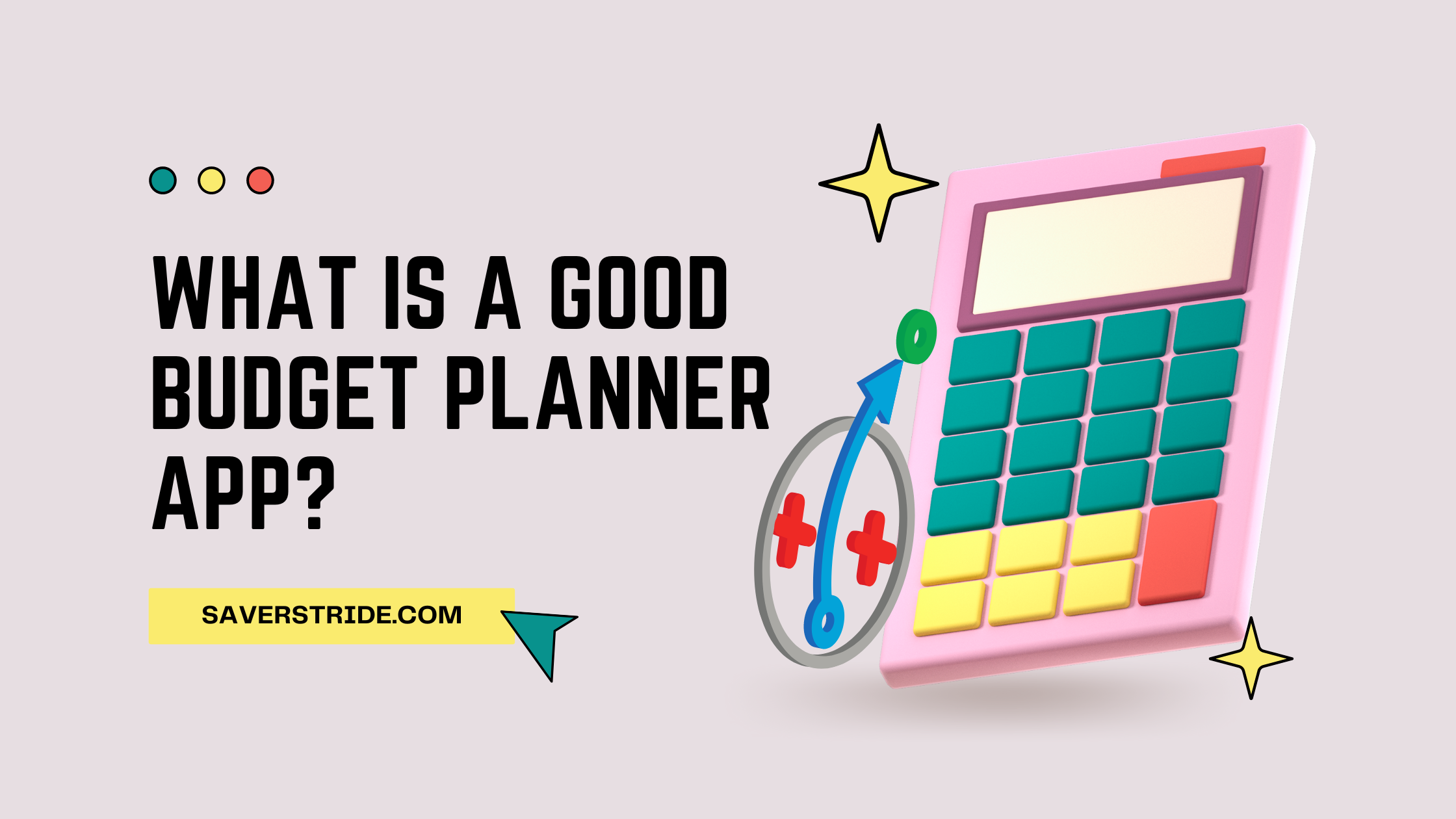A budget planner is a powerful tool that helps you keep track of your income, expenses, and savings. By using a budget planner, you can gain a clearer understanding of your financial situation, which in turn enables you to make informed decisions about your spending and saving habits. Whether you are an individual looking to manage your personal finances or a small business aiming to streamline your financial operations, a budget planner can be your best ally.
Budget planners come in various forms, from traditional pen and paper methods to sophisticated digital platforms. The choice of a budget planner depends on your personal preferences and financial goals. However, the core purpose remains the same: to provide you with a structured approach to managing your money. The benefits of using a budget planner are numerous, including improved financial discipline, reduced stress, and enhanced savings.
**Ready to take control of your finances and experience effortless savings?** Download Vala today and start managing your budget with ease! https://www.valapoint.com
Benefits Of Using A Budget Planner
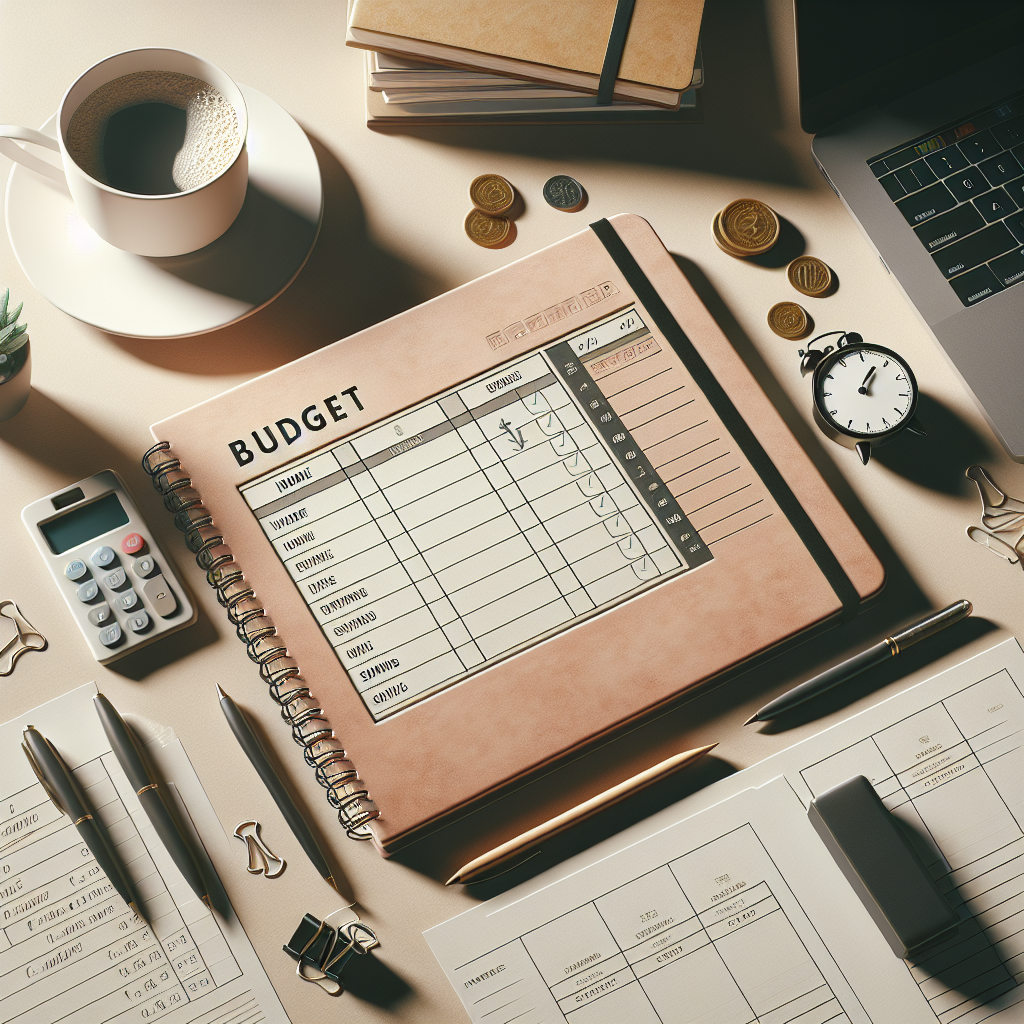
Using a budget planner offers a multitude of benefits that can significantly improve your financial health. **One of the primary advantages** is the ability to gain a comprehensive overview of your financial situation. With a budget planner, you can easily track your income, expenses, and savings, allowing you to identify areas where you can cut costs and save more effectively.
**Another key benefit** is enhanced financial discipline. By consistently monitoring your spending and adhering to a well-structured budget, you can develop better financial habits. This discipline can lead to reduced debt, as you become more aware of unnecessary expenditures and prioritize paying off outstanding balances.
Budget planners also help in **setting and achieving financial goals**. Whether it’s saving for a vacation, a new home, or an emergency fund, a budget planner provides a clear roadmap to reach your objectives. By breaking down your goals into manageable steps, you can stay motivated and track your progress over time.
Moreover, the use of a budget planner can **reduce financial stress**. Knowing exactly where your money is going and having a plan in place can alleviate the anxiety associated with financial uncertainty. This peace of mind can have a positive impact on your overall well-being.
Finally, budget planners can be tailored to your specific needs. Whether you prefer a simple spreadsheet or a more advanced digital platform, there are countless options available to suit your preferences. The flexibility and customization options ensure that you can create a budget planner that works best for you.
Essential Components Of A Budget Planner
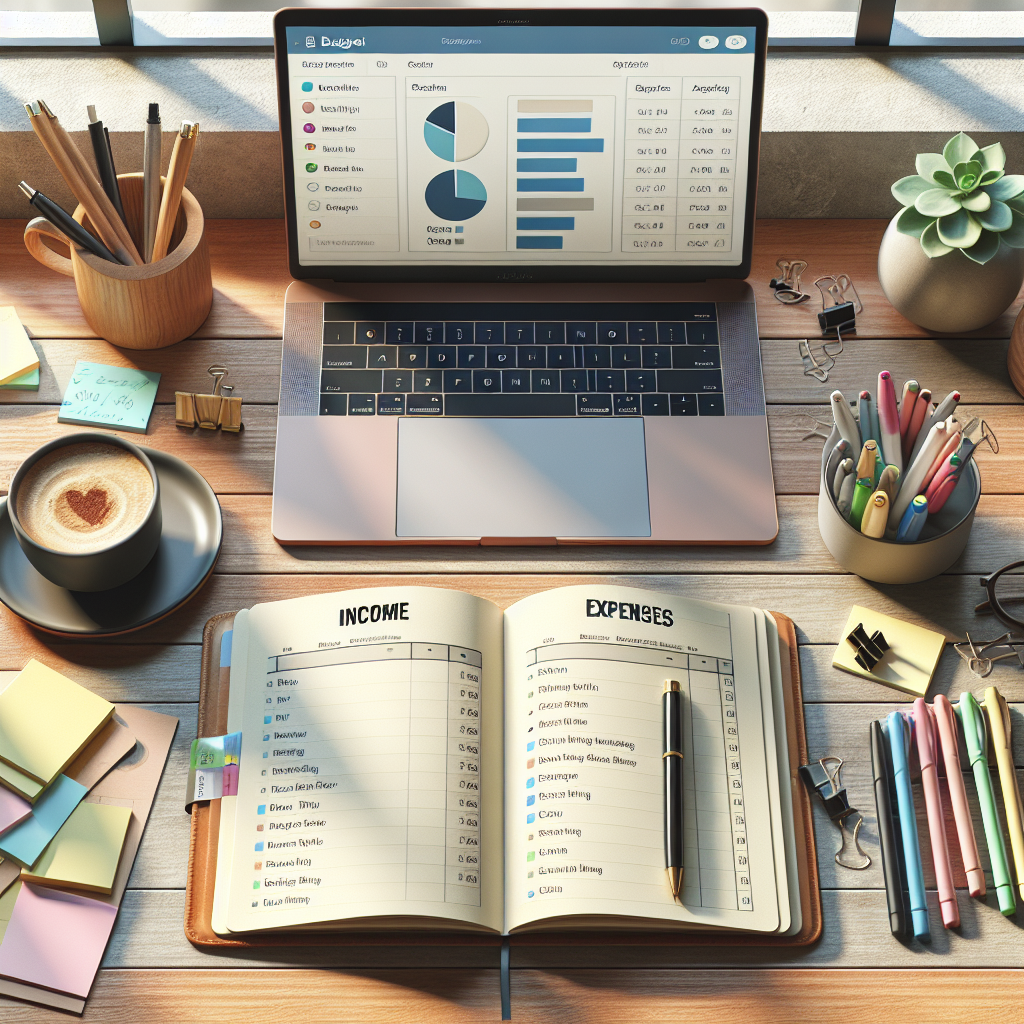
Creating an effective budget planner involves understanding and incorporating several essential components. These key elements ensure that your planner is comprehensive and functional, helping you manage your finances efficiently.
**1. Income Tracking:** This is the foundation of any budget planner. Accurately recording all sources of income, including salaries, freelance work, and passive income, provides a clear picture of your financial inflow. It’s important to distinguish between regular and irregular income to plan appropriately.
**2. Expense Categorization:** Breaking down your expenses into categories such as housing, groceries, transportation, and entertainment is crucial. This not only helps in tracking spending but also in identifying areas where you can cut costs. Make sure to include both fixed and variable expenses for a complete view.
**3. Savings Goals:** Setting and tracking savings goals is an integral component of a budget planner. Whether you’re saving for an emergency fund, a vacation, or retirement, having a clear target helps you stay focused and motivated. Allocate a portion of your income towards these goals each month.
**4. Debt Management:** If you have any outstanding debts, it’s essential to include a section for debt tracking. Documenting the amounts owed, interest rates, and payment schedules can help you prioritize and systematically reduce your debt.
**5. Monthly Budget Summary:** A monthly summary provides a snapshot of your financial health. It should include total income, total expenses, net savings, and any deviations from your planned budget. This summary helps in adjusting your budget for the upcoming months based on real data.
**6. Emergency Fund:** Allocating funds for unexpected expenses is a critical aspect of financial planning. An emergency fund acts as a financial cushion, preventing you from dipping into your savings or going into debt in case of unforeseen events.
**7. Review and Adjustment:** Regularly reviewing and adjusting your budget planner ensures it remains relevant and effective. Life circumstances change, and your budget should reflect these changes. Schedule periodic reviews to assess your progress and make necessary adjustments.
Incorporating these essential components into your budget planner will help you build a robust financial management tool that supports your financial goals and keeps you on track.
Step-By-Step Guide To Creating A Budget Planner
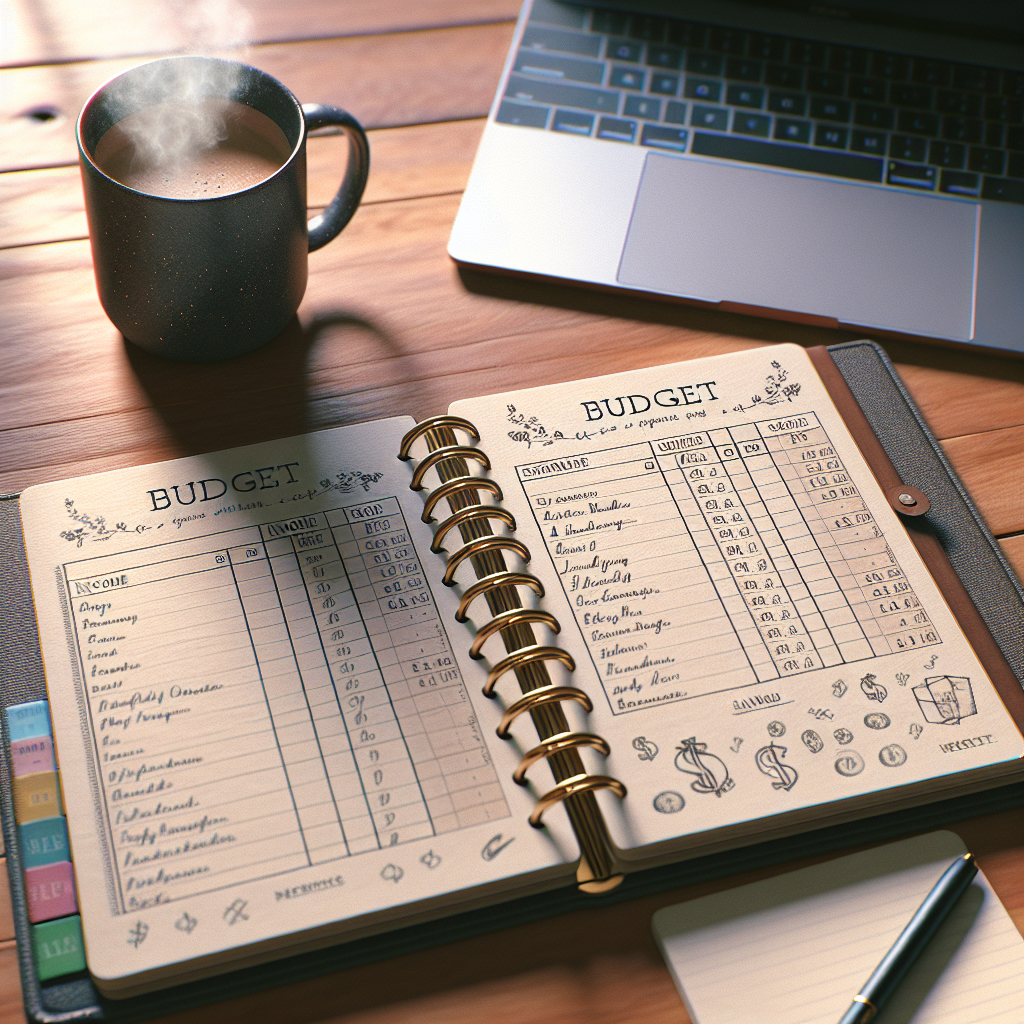
Creating a budget planner can seem daunting, but breaking it down into manageable steps makes the process straightforward and effective. Follow this step-by-step guide to create a budget planner that works for you:
**1. Gather Financial Information:** Start by collecting all necessary financial documents, such as pay stubs, bank statements, credit card bills, and receipts. This will give you a clear picture of your income and expenses.
**2. Calculate Your Income:** List all sources of income, including your salary, freelance work, and any passive income. Make sure to account for both regular and irregular income streams. This will form the basis of your budget.
**3. Track Your Expenses:** Over a month, keep track of every expense, no matter how small. Categorize these expenses into fixed (rent, utilities) and variable (groceries, entertainment) categories. This will help you understand your spending patterns.
**4. Set Financial Goals:** Clearly define your short-term and long-term financial goals. Whether it’s saving for an emergency fund, paying off debt, or planning a vacation, having specific goals will keep you motivated.
**5. Create Budget Categories:** Based on your tracked expenses, create budget categories such as housing, transportation, food, savings, and leisure. Assign a spending limit to each category, making sure your total expenses do not exceed your income.
**6. Allocate Funds:** Allocate your income to each budget category based on your spending limits. Make sure to prioritize essential expenses and savings goals. This step ensures that every dollar has a purpose.
**7. Monitor and Adjust:** Regularly review your budget to ensure you are sticking to it. Track your spending and compare it to your budgeted amounts. If you find discrepancies, adjust your budget categories accordingly to stay on track.
**8. Use Budgeting Tools:** Utilize budgeting tools and apps, like Vala, to automate and simplify the budgeting process. These tools can help you track your expenses, analyze your spending patterns, and make necessary adjustments in real-time.
By following this step-by-step guide, you can create a budget planner that not only helps you manage your finances but also brings you closer to achieving your financial goals.
Tips To Maintain And Update Your Budget Planner
Maintaining and updating your budget planner is crucial for its effectiveness. Here are some tips to ensure your budget remains a valuable tool for managing your finances:
**1. Review Regularly:** Set aside time each week or month to review your budget. This consistent check-in helps you stay aware of your spending and make timely adjustments.
**2. Track All Expenses:** Make it a habit to record every expense, no matter how small. This practice ensures that you have an accurate picture of where your money is going and helps in avoiding unnecessary overspending.
**3. Adjust for Changes:** Life is dynamic, and so are your finances. If you receive a salary increase, incur unexpected expenses, or achieve a financial goal, update your budget accordingly. Flexibility is key to maintaining an effective budget.
**4. Categorize Correctly:** Ensure that all expenses are categorized accurately. Misclassified expenses can distort your understanding of your spending patterns and lead to ineffective budgeting.
**5. Set Reminders:** Use reminders to pay bills on time and to review your budget. Automated reminders can help you stay disciplined and avoid late fees or missed payments.
**6. Use Budgeting Tools:** Leverage technology by using apps and software designed to simplify budgeting. Tools like Vala can automatically track expenses, provide insights, and help you make informed financial decisions.
**7. Stay Realistic:** It’s important to set realistic budget goals that are achievable. Overly ambitious targets can lead to frustration and may cause you to abandon your budget altogether.
**8. Avoid Impulse Purchases:** Be mindful of impulse buying, especially for non-essential items. Implementing a ‘cooling-off period’ before making significant purchases can help you make more deliberate and informed decisions.
**9. Involve Family Members:** If you share finances with a partner or family, involve them in the budgeting process. This collaborative approach ensures that everyone is on the same page and committed to the financial plan.
**10. Celebrate Milestones:** Recognize and celebrate when you reach financial milestones, such as paying off debt or reaching a savings goal. This positive reinforcement can keep you motivated and committed to maintaining your budget.
By incorporating these tips, you can ensure that your budget planner remains an effective tool for financial management. Regular maintenance and updates are essential for staying on track with your financial goals.
Common Mistakes To Avoid In Budget Planning
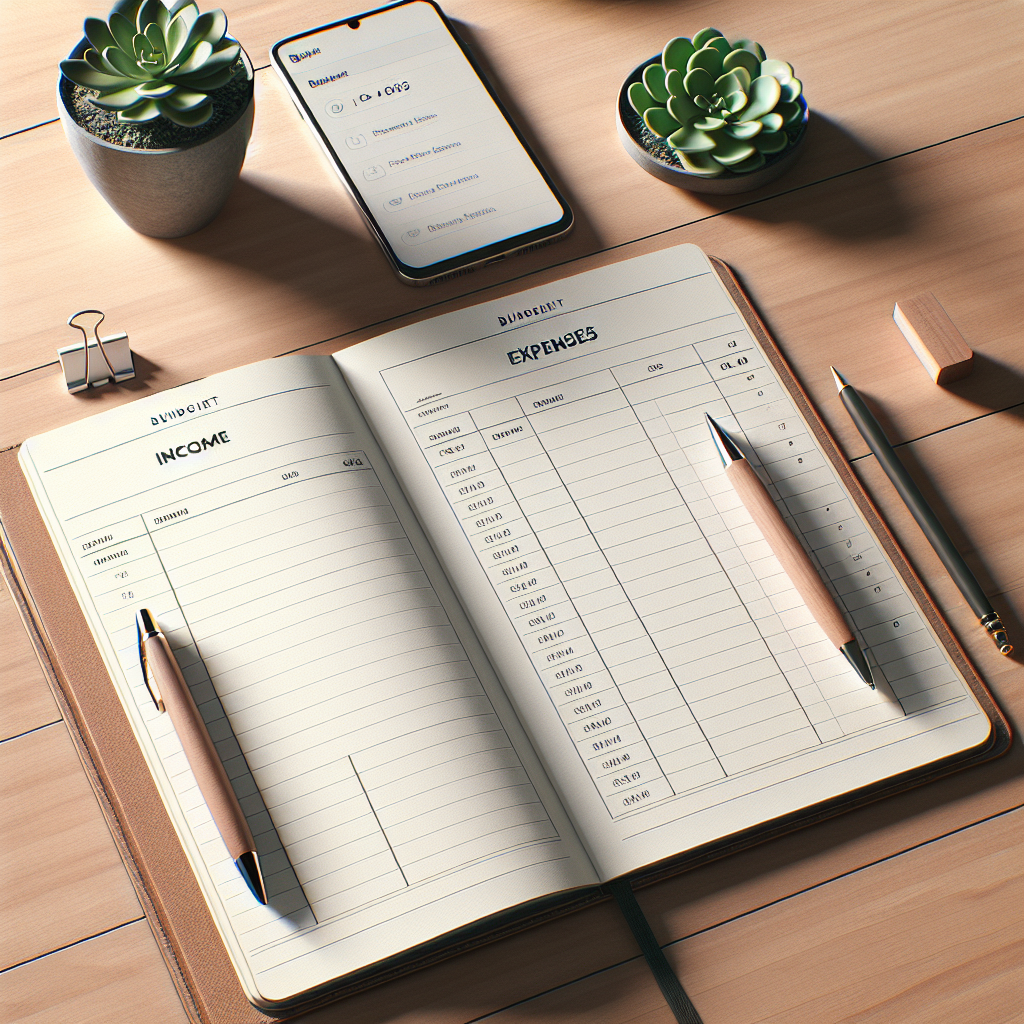
Creating a budget planner is a significant step towards financial stability, but it’s essential to be aware of common mistakes that can undermine your efforts. Here are some pitfalls to avoid:
**1. Overlooking Small Expenses:** Small, seemingly insignificant expenses can add up quickly. Neglecting to track these can lead to discrepancies in your budget, making it less effective.
**2. Setting Unrealistic Goals:** While it’s good to be ambitious, setting unattainable financial goals can lead to frustration and discouragement. Ensure your targets are realistic and achievable.
**3. Ignoring Irregular Expenses:** Expenses like car repairs, medical bills, or annual subscriptions can disrupt your budget if they’re not accounted for. Plan for these irregular costs to avoid financial surprises.
**4. Not Adjusting for Life Changes:** Failing to update your budget to reflect changes in income, expenses, or financial goals can render your budget obsolete. Regularly review and adjust your budget to keep it relevant.
**5. Relying Solely on Memory:** Trusting your memory to keep track of expenses is a common mistake. Use tools or apps to record your expenses accurately and consistently.
**6. Lack of Emergency Fund:** Not having an emergency fund can leave you vulnerable to unexpected financial hardships. Ensure your budget includes contributions to an emergency savings account.
**7. Failing to Involve Family Members:** If you share finances with a partner or family, their exclusion from the budgeting process can lead to miscommunication and financial mismanagement. Make budgeting a collaborative effort.
**8. Being Too Restrictive:** While discipline is essential, being overly restrictive can make your budget unsustainable. Allow for some flexibility to keep yourself motivated.
**9. Neglecting to Review:** A budget is not a set-it-and-forget-it tool. Regular reviews are crucial to ensure it remains aligned with your financial situation and goals.
**10. Disregarding Income Variability:** If your income fluctuates, it’s vital to create a budget that can accommodate these changes. Plan for the lean months to avoid financial stress.
By avoiding these common mistakes, you can create a more effective and sustainable budget planner. Ready to take control of your finances and experience effortless savings? Download Vala today and start managing your budget with ease!
